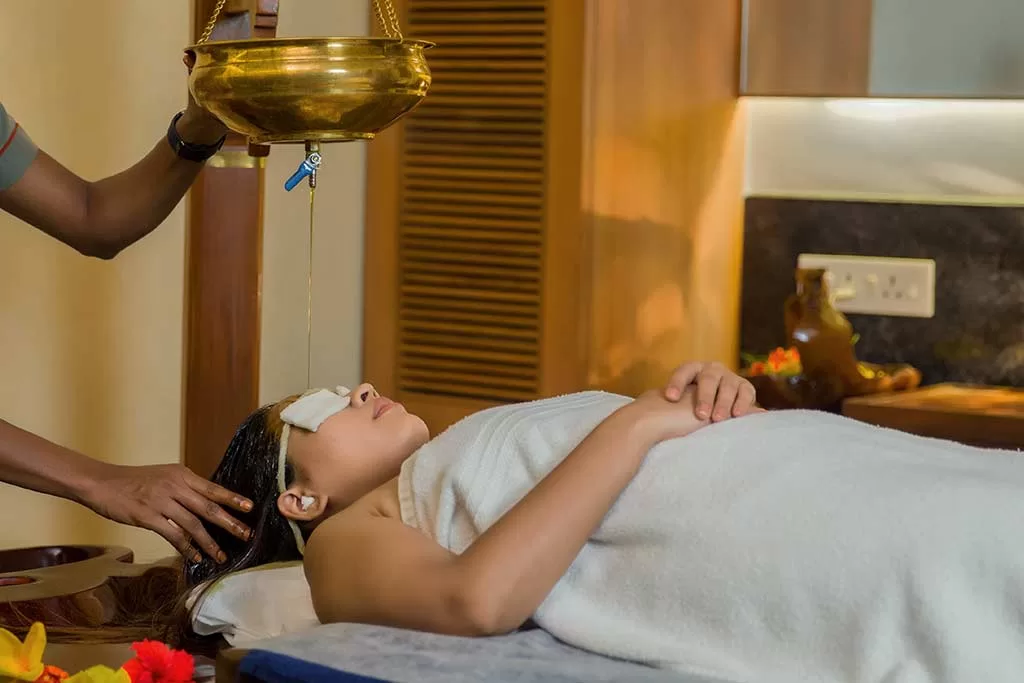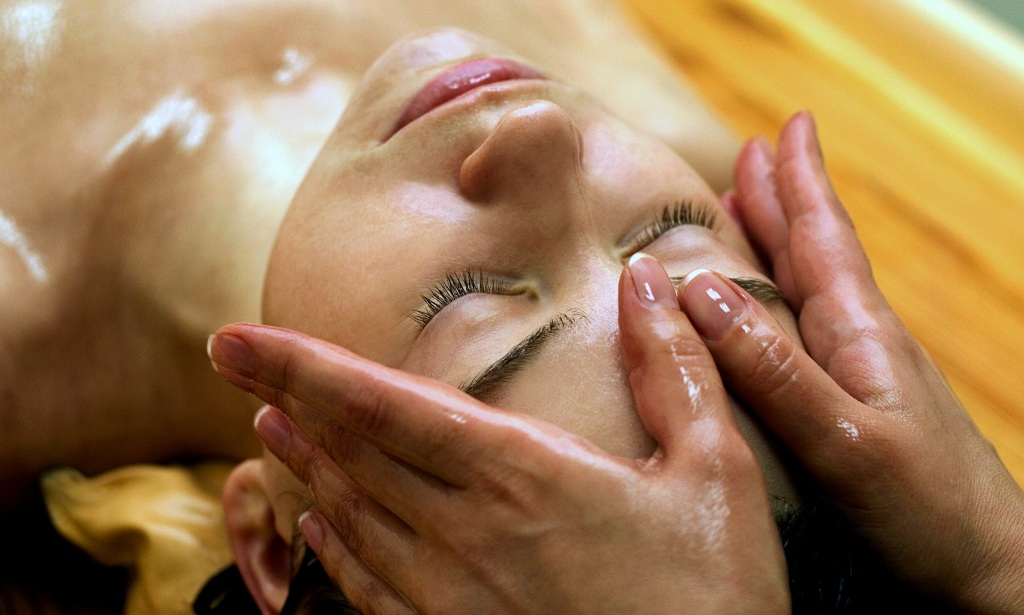
India’s ancient healing system has found its market in America, but how much have Americans embraced it? This article probes into the legal position of Ayurveda in the United States, its popularity here, and its integration with Western medicine. However, far away from home, Ayurvedic practices may heal lives, but they still do so interestingly.
Is Ayurveda legal in the USA?
Ayurveda is legal in the USA but not officially regulated as a medical practice. Practitioners operate under complementary and alternative medicine guidelines. While Ayurvedic products are sold, they must comply with FDA regulations. Patients are encouraged to consult healthcare providers before incorporating Ayurvedic treatments.
Ayurveda, although legally practiced, does not get formal recognition as a regulated medical profession in the USA. Most practitioners practice under CAM frameworks. There are Ayurvedic products and treatments available, but they have to abide by the rules and regulations set by the FDA. People are, therefore, advised to consult healthcare experts before adapting to Ayurvedic techniques for safety and efficacy purposes in their health regimes. Although Ayurvedic centers and practitioners are increasing, the practice remains largely self-regulated, underscoring the need for knowledgeable consumer choices and cooperation with conventional healthcare providers.
How popular is Ayurveda in the USA?
Ayurveda has gained popularity in the USA due to increased interest in holistic health. Many Americans seek Ayurvedic treatments for chronic conditions and wellness. Yoga’s rise has also boosted Ayurveda’s appeal. Growing numbers of Ayurvedic centers and practitioners highlight its acceptance in the wellness community.
In recent years, interest in holistic and alternative health practices has given Ayurveda wide acceptance throughout the USA. Many Americans turn to Ayurvedic treatments for maintaining chronic conditions and for improving general wellness. Finally, interest in Ayurveda has grown due to interest in yoga, with both practices being supportive of each other. This movement is best underscored by the amount of Ayurvedic centers and practitioners operating within this country. The reason for the interest in Ayurveda lies in its customized methodology toward health and well-being, which emphasizes a balance between body, mind, and spirit.

What are common Ayurvedic practices in the USA?
Common Ayurvedic practices in the USA include herbal treatments, yoga, meditation, and dietary recommendations tailored to individual doshas. Panchakarma, a detoxification therapy, is also popular. These practices focus on balancing mind, body, and spirit, promoting holistic well-being and preventing disease.
The Ayurvedic practices vastly adopted in the USA are herbal treatments working with traditional plants and remedies, exercises for mental and physical balance through yoga and meditation, and dietary recommendations based on individual doshas.
Amongst these seekers of holistic health, another popular practice is Panchakarma: the comprehensive detoxification therapy. All these practices bring into balance the mind, body, and spirit, promote well-being, and prevent disease. Increased awareness of the benefits of such practices has led to more and more Americans pursuing Ayurveda as a natural supplement to mainstream healthcare, with its focus on preventive care and lifestyle modifications.
Are Ayurvedic practitioners licensed in the USA?
Ayurvedic practitioners are not licensed as medical professionals in the USA. They often work under alternative medicine or holistic health certifications. Some states offer CAM licenses, including Ayurveda. Practitioners must adhere to state laws and professional guidelines to practice legally.
In the USA, there is no licensing for Ayurvedic practitioners as medical professionals. Many function under alternative medicine or certification in holistic health. Some states have licenses in complementary and alternative medicine, such as CAM, and that can include Ayurveda. Practitioners have to follow the state-specific laws and professional norms to practice within the legal and ethical boundaries. This informality in licensure demands that practitioners be transparent with their qualifications and that clients need to be vigilant in verifying credentials. Ayurveda’s increasing popularity will find continued support for more standardized regulation and recognition to ensure quality care and patient safety.
What are the challenges of practicing Ayurveda in the USA?
Practicing Ayurveda in the USA faces challenges like lack of formal regulation, limited public awareness, and potential misconceptions about its efficacy. Navigating FDA regulations for Ayurvedic products is also complex. Educating the public and integrating Ayurveda with conventional medicine are ongoing efforts.
Ayurvedic practice in the USA faces many problems, from lack of formal regulation to low public awareness about its theory and its efficiency. There could be some possible misconceptions among the public about the efficacy and safety of this alternative system that need to be clarified by a practitioner. Compliance with FDA rules and regulations concerning Ayurvedic products can get really tricky. Currently, activities on public education and integration of Ayurveda with conventional medicine are underway to increase its acceptance and awareness. Besides, guaranteeing the quality and authenticity of Ayurveda products and services is one of the challenges to gaining consumer trust and increasing adoption.

How do Ayurvedic products comply with FDA regulations in the USA?
Ayurvedic products in the USA must comply with FDA regulations as dietary supplements. They cannot claim to treat or prevent diseases. Manufacturers must ensure product safety and proper labeling. Consumers are advised to research products and consult healthcare providers before use.
The FDA regulates Ayurvedic products in the USA as dietary supplements; hence, they cannot legally claim to be able to treat, cure, or prevent diseases. Manufacturing companies are liable for the safe condition of their products and ensure that labeling and advertising are truthful. Users should research Ayurvedic products and consult healthcare providers to ensure the safety and compatibility of products with existing treatments or medications. In a nutshell, this framework assists consumers by setting standards for quality but puts a burden on manufacturers to strike a balance between traditional practices and compliance with modern laws so as to meet the requirements of the FDA.
Conclusion
In a nutshell, we discussed the legalities that surround Ayurveda and its overall view of health. Nevertheless, prior to adapting Ayurvedic practices into our lives, it is vital that we do it consciously and with care as well. Therefore, take up what you believe in with awareness and let it guide you toward a more fulfilling life!
